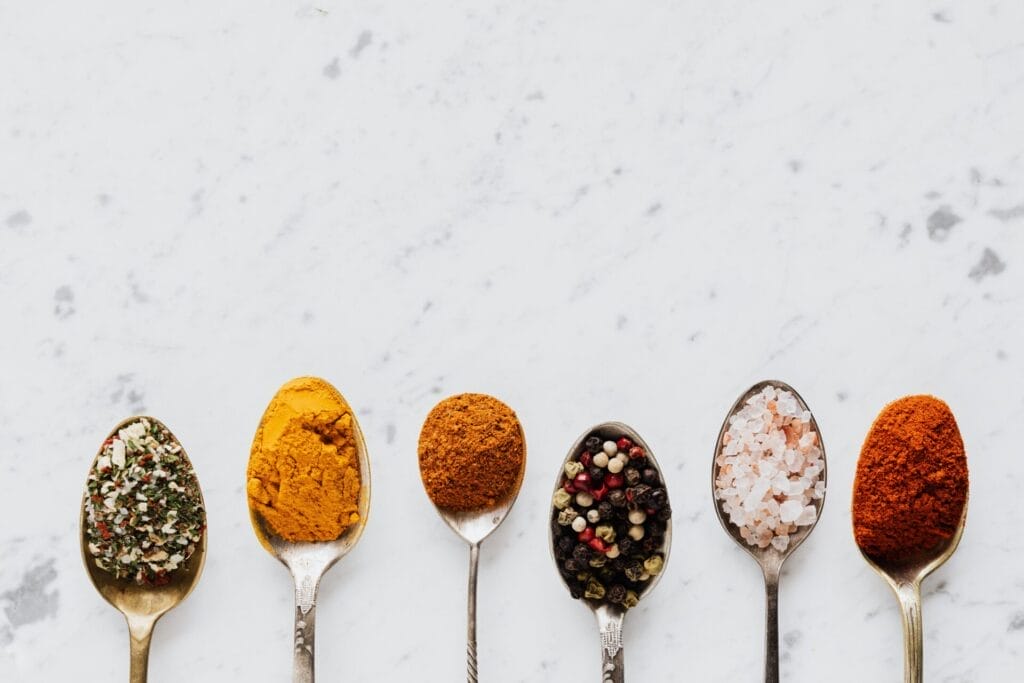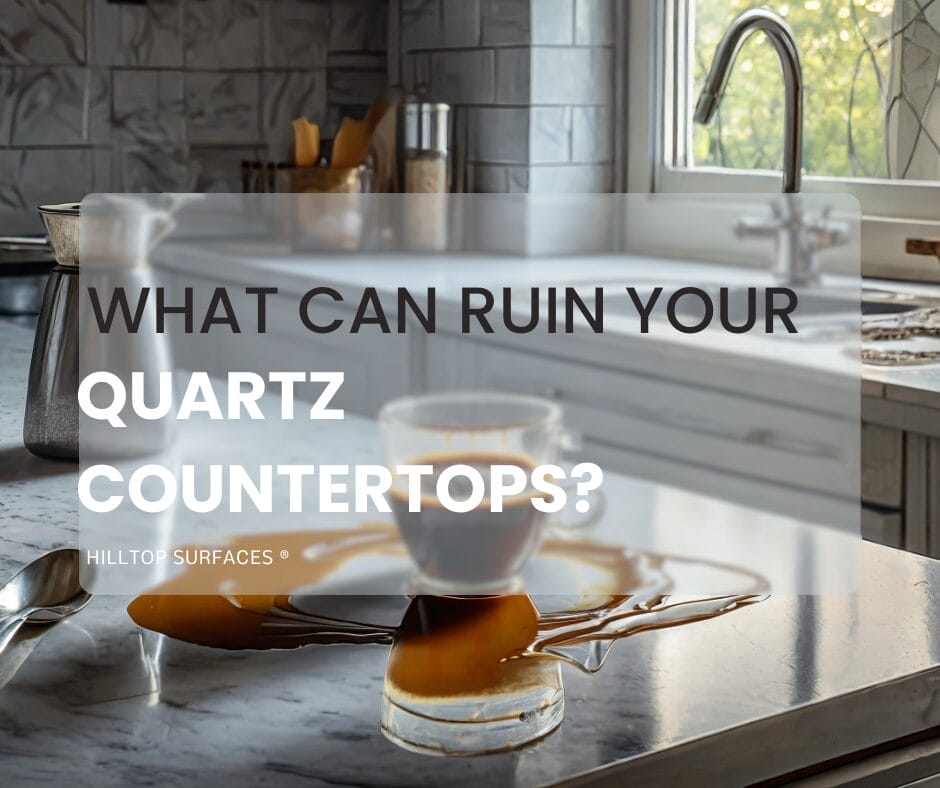How to Care for Quartz Countertops
Quartz Countertops are popular in all types of buildings for their sleek appearance and robust performance, gracing modern kitchens and bathrooms with their elegance. Renowned for their durability and low maintenance, these engineered stone surfaces are often celebrated as a worry-free option for busy homes. However, like all materials, quartz has its vulnerabilities and some substances can cause damage to Quartz Countertops. This blog post examines what can potentially compromise the integrity of quartz surfaces and how to mitigate these risks, ensuring your Countertops remain pristine and beautiful for years to come.
What Can Cause Damage to Quartz Countertops?
High temperatures pose a significant threat; direct contact with hot cookware can lead to discoloration or cracks, compromising the surface’s integrity. Physical impacts, such as chopping directly on the countertop or dropping heavy objects, can cause chips or fractures, particularly around edges and sinks. Furthermore, prolonged exposure to UV rays may result in fading or colour alteration, especially in areas receiving ample sunlight. Understanding these vulnerabilities is crucial for maintaining a pristine condition and avoiding damage to Quartz Countertops, ensuring they remain a centrepiece of beauty and functionality in any space.
Heat Exposure: A Notable Adversary of a Quartz Countertop
While Quartz is more durable than many Natural Stones, it is not immune to damage from high temperatures. Prolonged or direct exposure to hot cookware can lead to discoloration or even cracking. The protective resins within quartz can become compromised when subjected to heat above 300°F. Protecting your quartz countertops from heat damage by using trivets or hot pads is a simple yet effective way to maintain their integrity.
Avoiding Physical Damage
Despite its durability, Quartz is not indestructible. High-impact blows from heavy objects can cause chips or cracks, particularly along edges or around sinks. Cutting directly on the surface may also mar the finish, leaving behind unsightly marks. Employing cutting boards and exercising caution can prevent such physical damage, keeping the countertops in immaculate condition.
Sunlight and UV Exposure can Damage Quartz Countertops
Quartz Countertops are generally resistant to fading; however, prolonged exposure to direct sunlight can pose a risk, especially for darker-coloured surfaces. UV rays can cause the pigments in quartz to fade over time, leading to uneven coloration. This is the reason why Quartz is not recommended for outdoor spaces. In spaces with abundant natural light, considering the placement or using window treatments can mitigate the effects of UV exposure and damage to quartz countertops.
What Not to Use on Quartz Countertops to Avoid Damage?
Maintaining the pristine condition of Quartz Countertops requires careful consideration of cleaning agents. Harsh chemicals and abrasive cleaners are adversaries of quartz’s polished surface. Products containing bleach, ammonia, or acidic substances can dull the finish and weaken the bond between quartz and resin. Similarly, abrasive sponges or scouring pads may leave unsightly scratches. Opting for gentle, pH-neutral cleaning solutions and soft cloths preserves the lustre and integrity of the countertops. By avoiding these harmful substances and tools, you can ensure your Quartz surfaces remain vibrant and unmarred.
The Damage of Harsh Chemicals on Quartz Countertops
Quartz may face adversity from the very substances designed to keep our homes clean. Harsh chemicals and abrasive cleaners can dull the polished finish of quartz, diminishing its lustre. Bleach, nail polish remover, oven cleaner, and other potent substances can weaken the bonds between the quartz and resins, leading to damage over time. Opting for gentle cleaning agents ensures that the surface remains unharmed, preserving the countertop’s aesthetic appeal.
Can Anything Stain Quartz Countertops?
Despite quartz’s nonporous nature and resistance to staining, certain substances can pose a challenge if not promptly addressed. Materials with intense pigmentation, such as permanent markers, dyes, and some spices, have the potential to leave marks on the surface. Liquids like red wine, coffee, and tea can also create stains if allowed to sit for extended periods.

What Harms Quartz Countertops
Mitigating Staining Risks
While Quartz is nonporous and highly resistant to staining, certain substances can leave behind persistent marks if not promptly addressed. Substances such as ink, dye, and spices can pose a challenge. Regular cleaning and immediate action to clean spills are essential strategies for preventing stains and avoid damage to quartz countertops. Read the how to care for quartz countertops
Final Thoughts: Ensuring Longevity Through Care
Quartz countertops offer a harmonious blend of aesthetic beauty and functional resilience, making them a favoured choice in contemporary design. By understanding the factors that can potentially harm quartz surfaces, homeowners can take proactive steps to protect their investment. Embracing simple practices such as using trivets, selecting appropriate cleaning agents, avoiding physical damage, considering sunlight exposure, and promptly addressing spills can significantly extend the life and beauty of Quartz Countertops. With proper care, these surfaces can continue to serve as a stunning and practical feature in homes for many years to come.











